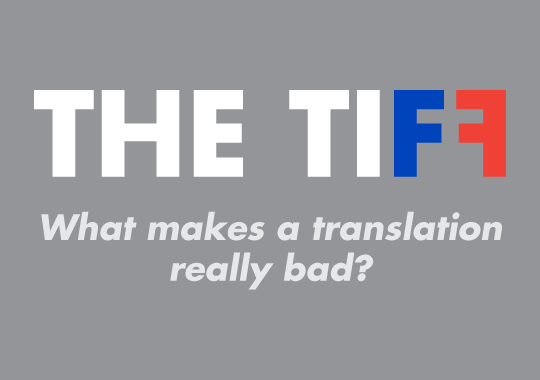In this edition of our column for global literary news, Arabic titles are celebrated with the National Book Award’s longlist of Translated Literature, a vital literacy program in Kenya travels to a women’s prison, and a new cinematic adaptation of one of Mexico’s most important novels premiers at the Toronto International Film Festival. Read on to find out more!
Ibrahim Fawzy, Editor-at-Large, reporting from Egypt
Against the backdrop of the war in Gaza, literature emerges as a beacon of hope. Now translated into English, three Arabic literary works have been longlisted for the prestigious National Book Award for Translated Literature, standing as testaments to the resilience of the human spirit. Nasser Abu Srour’s The Tale of a Wall: Reflections on the Meaning of Hope and Freedom, translated by Luke Leafgren, is a poignant memoir recounting his decades-long imprisonment in Israeli jails. Through the lens of his imagination, Abu Srour transforms confinement into a realm of boundless possibility, exploring themes of love, justice, and the unwavering power of hope. The book’s evocative prose and its author’s unflinching honesty combine into a compelling narrative that has resonated with readers around the globe; interested readers can also see an excerpt published on Asymptote as a part of our All Eyes on Palestine column.
Additionally, Leri Price, a frequent contender for the National Book Award, has once again made the longlist with her translation of Samar Yazbek’s Where the Wind Calls Home (which Asymptote had selected for the February edition of our Book Club). This haunting novel delves into the complexities of human relationships and the devastating impact of war on individuals and communities. Another longlisted work is Bothayna al-Essa’s The Book Censor’s Library, co-translated by Ranya Abdelrahman and Sawad Hussain. This thought-provoking novel examines the censorship of literature and its profound implications for society. I’m so glad that Arabic literature is shining thanks to the fabulous work of its translators. READ MORE…



